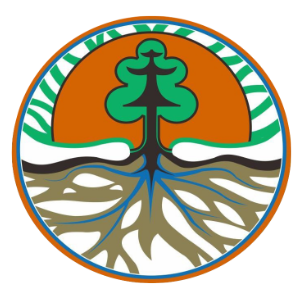
Naturally peatlands ecosystem belongs to a stable ecosystem and tends to increase its peat thickness, but if the balance of its natural conditions is disturbed, then peatlands are easily degraded and lost altogether. The research aimed to analyze the socio-economic determinant factors causing why peatlands in South Sumatra are rapidly degraded, thus it is threatening the existence of the human life support system. The research method was using an explorative and descriptive method by making the web portal of "Google search engine". Keywords were used for searching ‘peatland’, ‘degradation’ and/or ‘socio-economic causes’ in title and abstract. To analyze priority level of socio-economic aspects in contributing to peatlands degradation, thus an AHP analysis was conducted and interview with selected respondents. The research resulted that socio-economic determinant factors causing peatlands degradation are complex and integrated each other. Based on clustering the main sequence of causing peatlands degradation was performed by increasing population; increasing poverty; win-win approach; security of land ownership; and agricultural infrastructure and expansion respectively. Understanding this cluster with a comprehensive approach is needed to decide what factors play in the degradation of peatland, so that the policies made are precise and targeted. At this time the government requires to restore peatlands, so that peatlands can be preserved forever.
Download:
 file
file

- Authors: Wildayana, E., Armanto, M.E., Zahri, I., Adriani, D., Syakina, B.
- Author Affiliation: Sriwijaya University
- Subjects: degradation, peatlands, ecological restoration, socioeconomics, livelihoods
- Publication type: Journal Article
- Source: Sriwijaya Journal of Environment 3(3): 87-95
- Year: 2019
- DOI: https://doi.org/10.22135/sje.2018.3.3.87-95
















